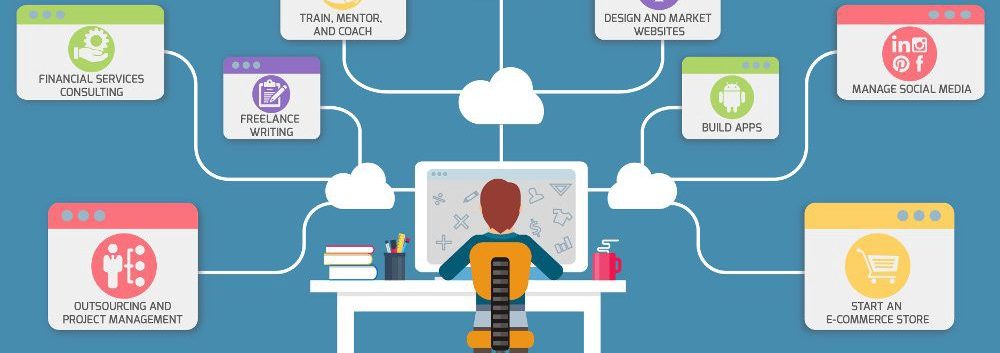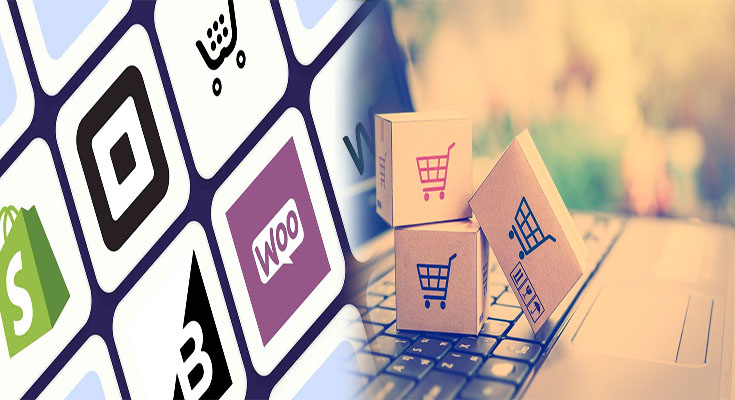
Future Trends in E-commerce and Their Implications for Internet Shopping
The world of e-commerce is constantly evolving, driven by advancements in technology, changing consumer behaviors, and market trends. As we look ahead, several key trends are poised to shape the future of online shopping and revolutionize the e-commerce landscape. In this article, we explore these future trends and their implications for internet shopping.
1. Artificial Intelligence and Personalization
Artificial intelligence (AI) is set to play a significant role in the future of e-commerce, particularly in enhancing the personalization of the online shopping experience. AI-powered algorithms can analyze consumer data, predict preferences, and tailor product recommendations and marketing strategies accordingly. This level of personalization not only enhances customer satisfaction but also boosts conversion rates and fosters customer loyalty, ultimately driving revenue growth for e-commerce businesses.
2. Augmented Reality and Virtual Reality Shopping Experiences
The integration of augmented reality (AR) and virtual reality (VR) technologies into e-commerce platforms is expected to revolutionize …
Future Trends in E-commerce and Their Implications for Internet Shopping Read More

